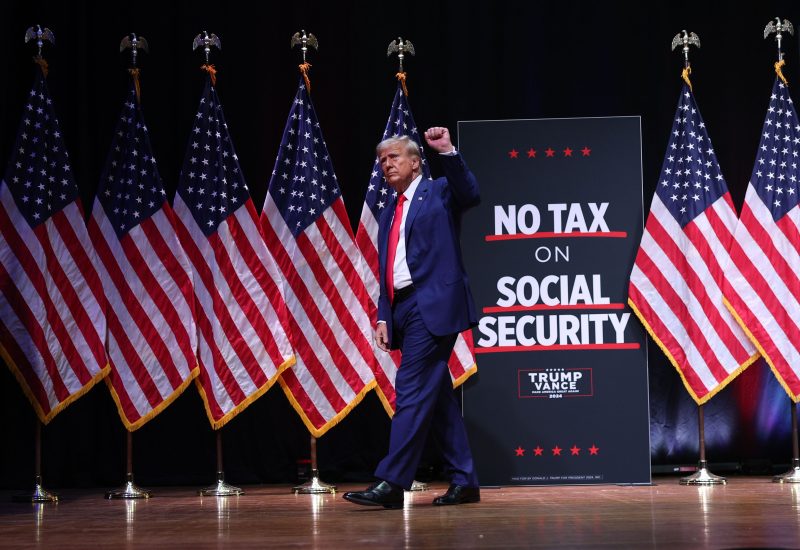In a recent speech in North Carolina, former President Donald Trump hinted at his willingness to further expand tariff plans as part of his economic agenda. This move has sparked mixed reactions across various sectors of the economy and within the political landscape. Trump’s remarks on tariffs, a key component of his trade policy during his presidency, was met with both support and skepticism.
Proponents of expanding tariffs argue that it can protect domestic industries and jobs by making imported goods more expensive compared to locally produced ones. They believe that tariffs can serve as a tool to address trade imbalances and support the growth of domestic manufacturing. Trump’s tough stance on international trade agreements resonates with many who view tariffs as a means to level the playing field for American workers and businesses.
However, critics of expanding tariffs warn of potential negative consequences. They argue that tariffs can lead to retaliatory measures from other countries, resulting in a trade war that could harm businesses and consumers on both sides. Additionally, increased tariffs could raise input costs for companies, reducing their competitiveness and potentially leading to job losses in industries that rely on imported goods.
The ambiguity surrounding Trump’s potential tariff expansion leaves many businesses uncertain about the future. The lack of a clear roadmap for how tariffs would be implemented and which industries would be affected adds to the apprehension within the business community. Companies that rely on international supply chains are particularly wary of disruptions that could impact their operations and bottom line.
Moreover, the political implications of Trump’s tariff plans cannot be overlooked. The issue of tariffs has historically been a point of contention between Republicans and Democrats, with differing views on the role of protectionism in the economy. Trump’s renewed focus on tariffs could further exacerbate partisan divides and complicate efforts to find bipartisan solutions to economic challenges.
As the debate over expanding tariffs continues, it is essential for policymakers to carefully consider the potential benefits and risks associated with such measures. Finding a balance between protecting domestic industries and fostering international trade relations is crucial to ensuring a sustainable and prosperous economy. Ultimately, the path forward on tariffs will require thoughtful analysis and dialogue to navigate the complex landscape of global trade.

